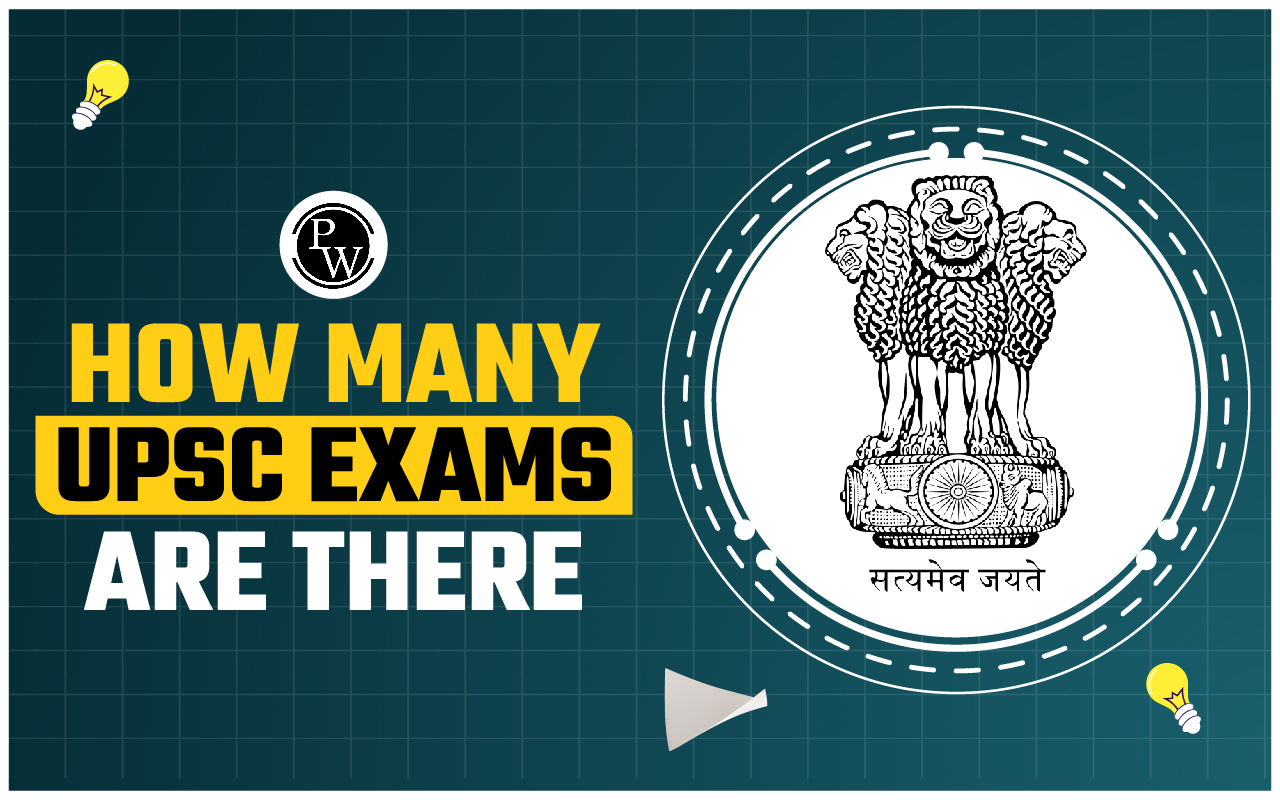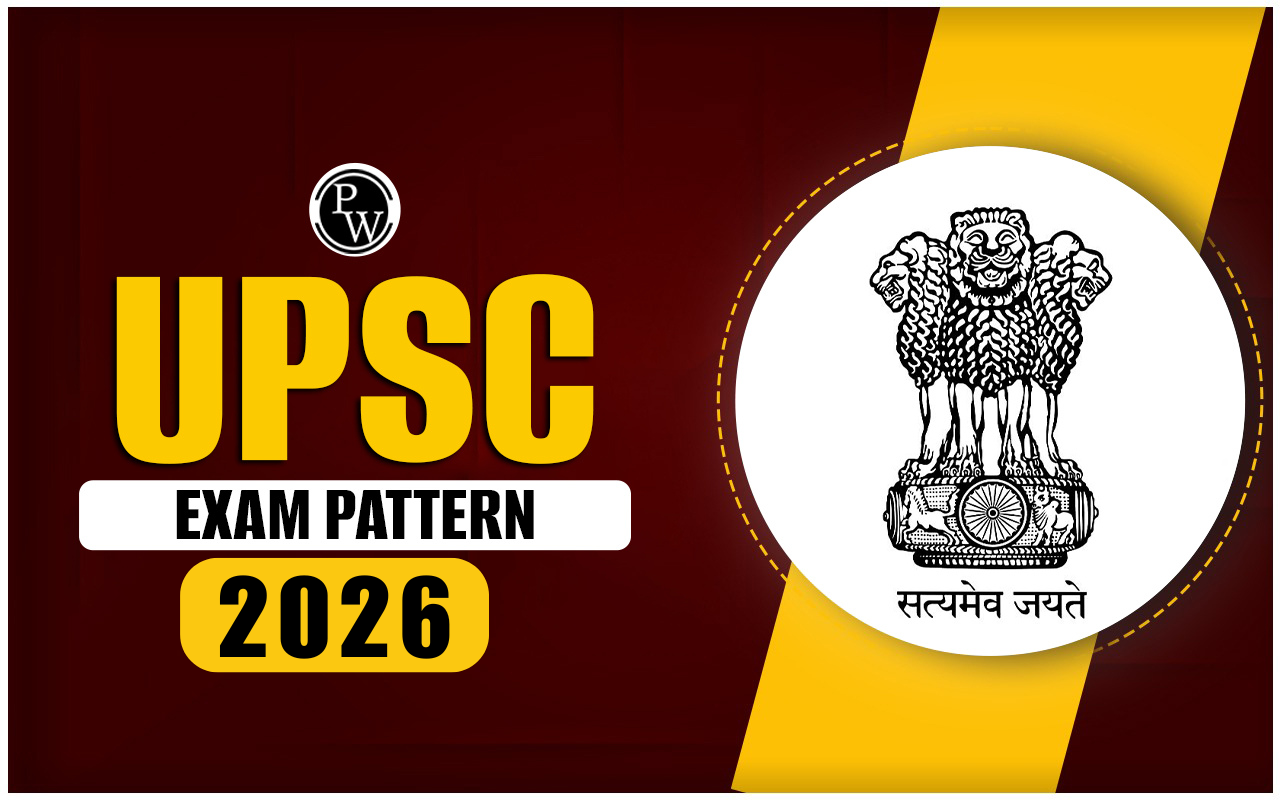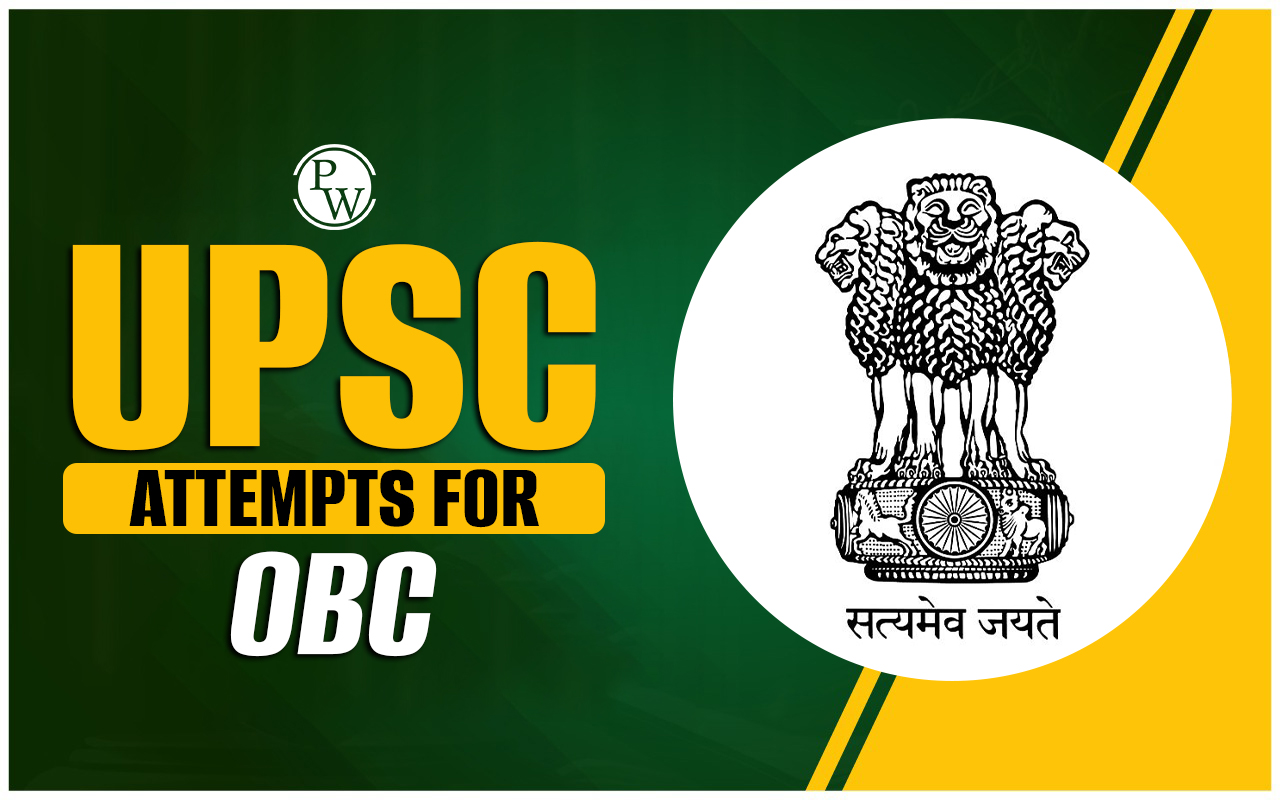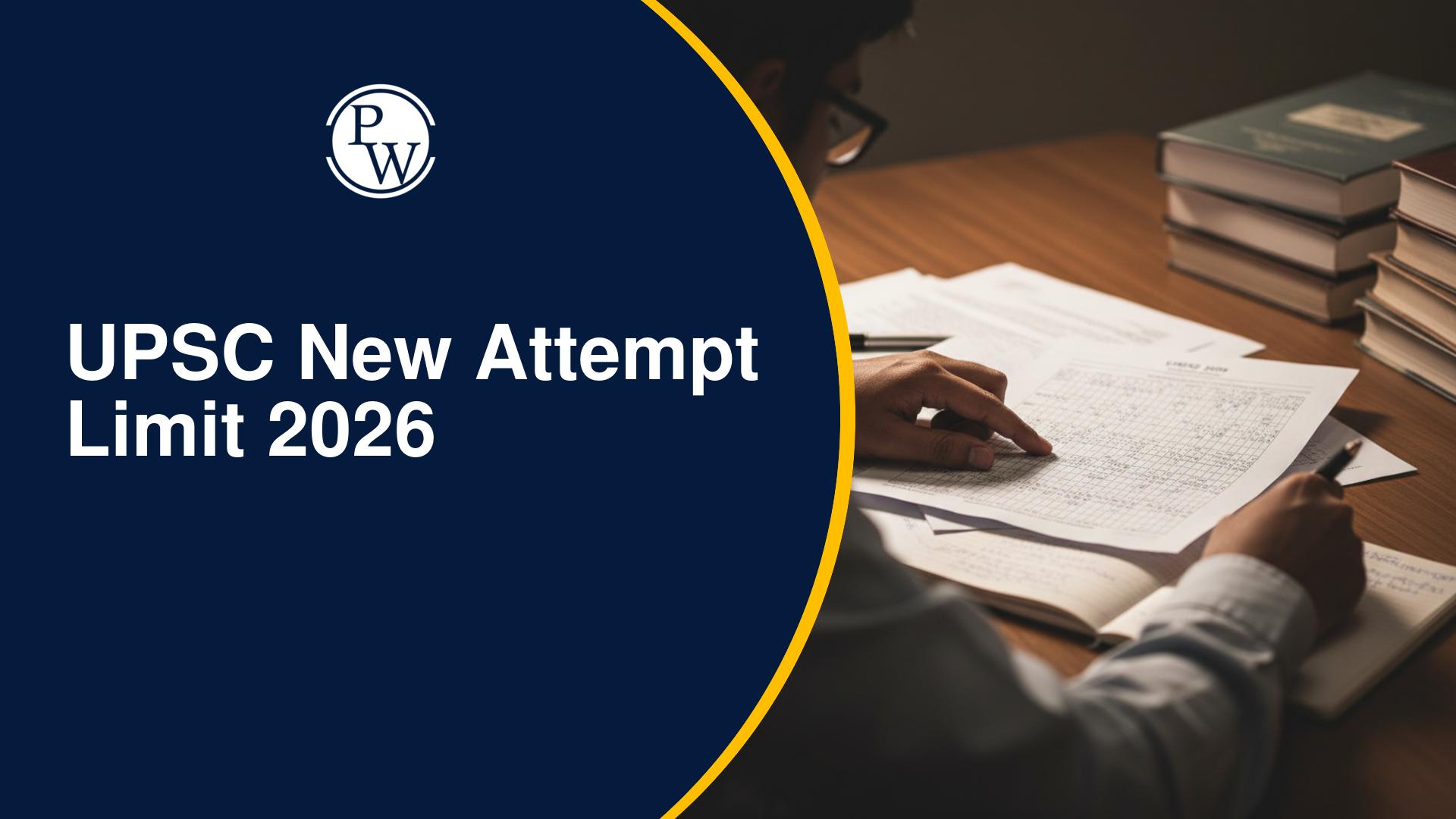
Articles for UPSC Mains 2024: In the UPSC Mains examination , knowledge of key articles of the Indian Constitution is crucial. The Union Public Service Commission can ask direct questions on important articles in the General Studies 2 paper, at the same time, articles can be quoted in answers to add credibility.
Therefore, every candidate must keep a separate notebook of important articles for UPSC Mains 2024. By understanding the application of each article and revising them multiple times, candidates can enhance their analytical skills and improve their answer quality. A list of important articles for UPSC Mains 2024 is shared here.Total Number of Articles in the Constitution
The Constitution of India was adopted on 26th January 1950, having 395 articles divided into 22 parts and 8 schedules. Over time, several amendments have been made, increasing the number of articles to around 448 articles and schedules to 12. These articles cover various aspects of governance, fundamental rights, duties, and the functioning of different branches of the government.| Total Number of Articles in the Constitution | ||
| Part | Name | Articles |
| I | The Union and its Territory | 1-4 |
| II | Citizenship | 5-11 |
| III | Fundamental Rights | 12-35 |
| IV | Directive Principles of State Policy | 36-51 |
| IVA | Fundamental Duties | 51A |
| V | The Union | 52-151 |
| VI | The States | 152-237 |
| VII | The States in Part B of the First Schedule (Omitted) | 238 |
| VIII | Union Territories | 239 -241 (242 Omitted) |
| IX | Panchayats | 243 - 243O |
| IXA | Municipalities | 243P - 243ZG |
| IXB | Co-operative societies | 243ZH - 243ZT |
| X | The Schedule Tribes and Scheduled Areas | 244-244A |
| XI | Relations Between the Union and the States | 245-263 |
| XII | Finance, Property, Contracts and Suits | 264-300A |
| XIII | Trade, Commerce, and Intercourse within the Territory of India | 301-307 |
| XIV | Services Under the Union and the States | 308-323 |
| XIVA | Tribunal | 323A-323B |
| XV | Elections | 308-329 |
| XVI | Special Provisions Relating to Certain Classes | 330-342A |
| XVII | Official Language | 343-351 |
| XVIII | Emergency Provisions | 352-360 |
| XIX | Miscellaneous | 361-367 |
| XX | Amendment of the Constitution | 368 |
| XXI | Temporary, Transitional and Special Provisions | 369-392 |
| XXII | Short title. Commencement. Authoritative text in the Hindi language and Repeals | 393-395 |
Advantage of Using Articles in UPSC Mains
Knowing and effectively using the Constitutional Articles in UPSC Mains can significantly boost your score. Here are some advantages of using articles in UPSC Mains:- Accuracy: It shows your ability to identify the relevant articles and apply them in the context of the question, ensuring that your answers are accurate and well-grounded in constitutional principles.
- Clarity: By incorporating articles into your answers, you can present your arguments in a clear and organized manner. It gives a good impression of your understanding of constitutional dimensions in GS papers.
- Credibility: References to exact articles add credibility to your answers and Essay. It shows that your argument is based on the Constitution itself, rather than just general knowledge or opinions.
- Comprehensive Understanding: It allows you to grasp the interconnectedness of various provision s and their implications in real-world scenarios. This holistic approach enhances your ability to analyze questions in GS 2.
Important Articles of the Constitution for UPSC Mains
When preparing for the UPSC Mains, it’s important to be familiar with the key articles in the Constitution as a future civil servant. These articles form the foundation of India's legal and administrative system and are therefore frequently tested in UPSC Mains. Here is the list ofConstitutional Provisions for UPSC Mains 2024 Exam
Constitutional provisions are the fundamental laws that govern the Indian state, outlining the structure, powers, and functions of its institutions. Understanding these provisions is crucial for UPSC Mains preparation:| Important Constitutional Provisions for UPSC Mains 2024 Exam | |
| Article | Description |
| Article 5 | Citizenship at the Commencement of the Constitution |
| Article 10 | Continuance of rights of citizenship |
| Article 11 | Parliament to regulate the right of citizenship by law |
| Article 245 | Extent of laws made by Parliament and by the Legislatures of States |
| Article 246 | Subject-matter of laws made by Parliament and by the Legislatures of States |
| Article 248 | Residuary Powers of Legislation |
| Article 280 | Finance Commission |
| Article 300 | Suits and proceedings |
| Article 301 | Freedom of trade, commerce and intercourse |
| Article 352 | Proclamation of Emergency (National Emergency) |
| Article 356 | Provisions in case of failure of Constitutional Machinery in States (President’s Rule) |
| Article 360 | Provisions as to financial emergency |
Articles Related to Fundamental Rights
Fundamental rights are a cornerstone of the Indian Constitution. Understanding these articles is crucial for the UPSC Mains to make your answers related to topics like social justice, gender equality, freedom, etc. more impactful :| Important Articles Related to Fundamental Rights | |
| Article | Description |
| Article 12 | Definition of the State |
| Article 13 | Laws inconsistent with or in derogation of the Fundamental Rights |
| Article 14 | Equality Before Law |
| Article 15 | Prohibition of discrimination on grounds of religion, race, caste, sex or place of birth |
| Article 16 | Equality of Opportunity in matters of Public Employment |
| Article 17 | Abolition of Untouchability |
| Article 18 | Abolition of Titles |
| Article 19 | Protection of certain Rights regarding Freedom of Speech, etc. |
| Article 20 | Protection in respect of Conviction for Offences |
| Article 21 | Protection of Life and Personal Liberty |
| Article 21A | Right to Elementary Education |
| Article 22 | Protection against Arrest and Detention in certain cases |
| Article 23 | Prohibition of Traffic in Human Beings and Forced Labour |
| Article 24 | Prohibition of Employment of Children in Factories, etc. |
| Article 25 | Freedom of Conscience and Free Profession, Practice and Propagation of Religion |
| Article 26 | Freedom to manage Religious Affairs |
| Article 27 | Freedom as to Payment of Taxes for promotion of any particular Religion |
| Article 28 | Freedom as to attendance at Religious Instruction or Religious Worship in certain Educational Institutions |
| Article 29 | Protection of interests of Minorities |
| Article 30 | Right of Minorities to Establish and Administer Educational Institutions |
| Article 33 | Power of Parliament to modify the Fundamental Rights in their application to forces, etc. |
| Article 34 | Restriction on Fundamental Rights while Martial Law is in force in any area |
| Article 35 | Legislation to give effect to some of the provisions of Fundamental Rights |
Governance Articles for UPSC Mains
Governance articles for UPSC Mains are crucial for understanding the functioning of various constitutional bodies and their roles in governance. These articles provide insights into the powers and functions of institutions like the President to answer questions in GS 2:| Important Governance Articles for UPSC Mains | |
| Article | Description |
| Article 52 | The President of India |
| Article 53 | Executive power of the Union |
| Article 74 | Council of Ministers to aid and advise the President |
| Article 76 | Attorney-General for India |
| Article 79 | Constitution of Parliament |
| Article 80 | Composition of the council of states |
| Article 81 | Composition of the House of the people |
| Article 85 | Sessions of Parliament, Prorogation and Dissolution |
| Article 123 | Power of President to promulgate Ordinances during Recess of Parliament |
| Article 148 | Comptroller and Auditor General of India |
| Article 153 | Governors of States |
| Article 163 | Council of Ministers to aid and advise Governor |
| Article 168 | Constitution of Legislatures in States |
| Article 214 | High Courts for States |
| Article 233 | Appointment of District Judges |
| Article 243A | Gram Sabha |
| Article 243Q | Constitution of Municipalities |
| Article 315 | Public Service Commissions for the Union and for the States |
| Article 324 | Superintendence, direction and control of elections to be vested in an Election Commission |
| Article 338 | National Commission for Scheduled Castes |
| Article 343 | Official language of the Union |
| Article 352 | Proclamation of Emergency (National Emergency) |
| Article 356 | Provisions in case of failure of Constitutional Machinery in States (President’s Rule) |
| Article 365 | Effect of failure to comply with, or to give effect to directions given by the Union (President’s Rule) |
| Article 368 | Power of Parliament to amend the Constitution and procedure thereof |
Important Constitutional Amendments for UPSC Mains
The Constitution of India, as a living document, has undergone numerous amendments to address the evolving socio-political landscape of the country. Understanding these amendments is crucial for UPSC aspirants, as they often form the basis of questions in the Mains examination:| Important Constitutional Amendments for UPSC Mains | ||
|---|---|---|
| Amendment | Year | Key Provisions |
| 1st Amendment Act | 1951 | Empowered states for special provisions for Socially and Economically Backward Classes. Added Articles 31A, 31B (9th Schedule) for land reforms. Amended Articles 15, 19, etc. |
| 4th Amendment Act | 1955 | Made compensation for compulsory acquisition beyond court scrutiny. Authorized nationalization of any trade. |
| 24th Amendment Act | 1971 | Affirmed Parliament's power to amend any part of the Constitution, including Fundamental Rights. |
| 25th Amendment Act | 1971 | Added Article 31C, protecting laws implementing Directive Principles from being declared void for violating Fundamental Rights. |
| 42nd Amendment Act | 1976 | Introduced "Socialist," "Secular," and "Integrity" to the Preamble. Established Fundamental Duties. Extended protection of laws implementing Directive Principles. |
| 44th Amendment Act | 1978 | Restored several provisions curtailed by the 42nd Amendment, including Right to Property as a legal right. |
| 52nd Amendment Act | 1985 | Introduced Anti-Defection Law, disqualifying MPs and MLAs on the ground of defection. |
| 61st Amendment Act | 1989 | Reduced voting age from 21 to 18 years for elections. |
| 73rd Amendment Act | 1992 | Granted constitutional status to Panchayati Raj Institutions. |
| 74th Amendment Act | 1992 | Granted constitutional status to Urban Local Bodies. |
| 86th Amendment Act | 2002 | Made elementary education a Fundamental Right (Article 21A). |
| 97th Amendment Act | 2011 | Conferred constitutional status on cooperative societies. |
| 101st Amendment Act | 2016 | Introduced the Goods and Services Tax (GST) regime. |
| 102nd Amendment Act | 2018 | Conferred constitutional status to the National Commission for Backward Classes. |
| 103rd Amendment Act | 2019 | Provided 10% reservation for economically weaker sections in government jobs and educational institutions. |
| 104th Amendment Act | 2020 | Ceased reservation for Anglo-Indians in Lok Sabha and State Assemblies; extended SC/ST reservations for 10 more years. |
| 105th Amendment Act | 2021 | Restored state powers to identify Socially and Educationally Backward Classes (SEBCs). |
| 106th Amendment Act | 2023 | Reserved one-third of all seats for women in Lok Sabha and state legislative assemblies. |
How to Use Articles for UPSC Mains 2024?
Effectively using the Articles for UPSC Mains can enhance your answer quality. Connect constitutional articles to recent events and case studies. Practice using relevant articles to support your arguments in essays and answers. For this, include articles in your answers during mock tests to build the habit of referencing them. Understanding and utilizing the Articles for UPSC Mains is a strategy that can set you apart from other candidates. Example: Explain the constitutional perspectives of Gender Justice with the help of relevant Constitutional Provisions and case laws. [15 Marks] [UPSC CSE 2023] To answer this question, you can discuss provisions of Article 14, Article 15(1), and Article 16. Regularly revising the important articles and practicing their application in answers will go a long way in securing good marks in the UPSC Mains examination. Learn the application of Constitutional Articles UPSC Mains. Enroll in top Courses by PW OnlyIAS now!| UPSC Related Articles | ||
| UPSC Mains Admit Card | PW OnlyIAS UPSC Toppers | UPSC Syllabus |
| UPSC Mains Subject List | UPSC Mains Time Table | How to Solve Case Study ? |
Articles for UPSC Mains 2024 FAQs
Which articles to study for UPSC Mains 2024?
Focus on articles related to Fundamental Rights, Directive Principles, Fundamental Duties, governance, and key legal provisions.
How many articles are these in the Indian Constitution?
The Indian Constitution currently has around 448 articles divided into 25 parts and 12 schedules.
How to memorize articles of the Constitution for UPSC Mains?
Use mnemonic devices, make summary notes, and regularly revise key articles.
Is it necessary to remember all articles for UPSC Mains?
No, focus on important articles relevant to the syllabus and frequently asked in exams.
How many articles are important for UPSC Mains 2024?
The exact number of important articles for UPSC Mains 2024 is not confirmed. However, some of the key articles include Parts III (Articles 12-35), IV (Articles 36-51), and V (Articles 52-78).
Talk to a counsellorHave doubts? Our support team will be happy to assist you!

Check out these Related Articles
Free Learning Resources
PW Books
Notes (Class 10-12)
PW Study Materials
Notes (Class 6-9)
Ncert Solutions
Govt Exams
Class 6th to 12th Online Courses
Govt Job Exams Courses
UPSC Coaching
Defence Exam Coaching
Gate Exam Coaching
Other Exams
Know about Physics Wallah
Physics Wallah is an Indian edtech platform that provides accessible & comprehensive learning experiences to students from Class 6th to postgraduate level. We also provide extensive NCERT solutions, sample paper, NEET, JEE Mains, BITSAT previous year papers & more such resources to students. Physics Wallah also caters to over 3.5 million registered students and over 78 lakh+ Youtube subscribers with 4.8 rating on its app.
We Stand Out because
We provide students with intensive courses with India’s qualified & experienced faculties & mentors. PW strives to make the learning experience comprehensive and accessible for students of all sections of society. We believe in empowering every single student who couldn't dream of a good career in engineering and medical field earlier.
Our Key Focus Areas
Physics Wallah's main focus is to make the learning experience as economical as possible for all students. With our affordable courses like Lakshya, Udaan and Arjuna and many others, we have been able to provide a platform for lakhs of aspirants. From providing Chemistry, Maths, Physics formula to giving e-books of eminent authors like RD Sharma, RS Aggarwal and Lakhmir Singh, PW focuses on every single student's need for preparation.
What Makes Us Different
Physics Wallah strives to develop a comprehensive pedagogical structure for students, where they get a state-of-the-art learning experience with study material and resources. Apart from catering students preparing for JEE Mains and NEET, PW also provides study material for each state board like Uttar Pradesh, Bihar, and others
Copyright © 2026 Physicswallah Limited All rights reserved.









